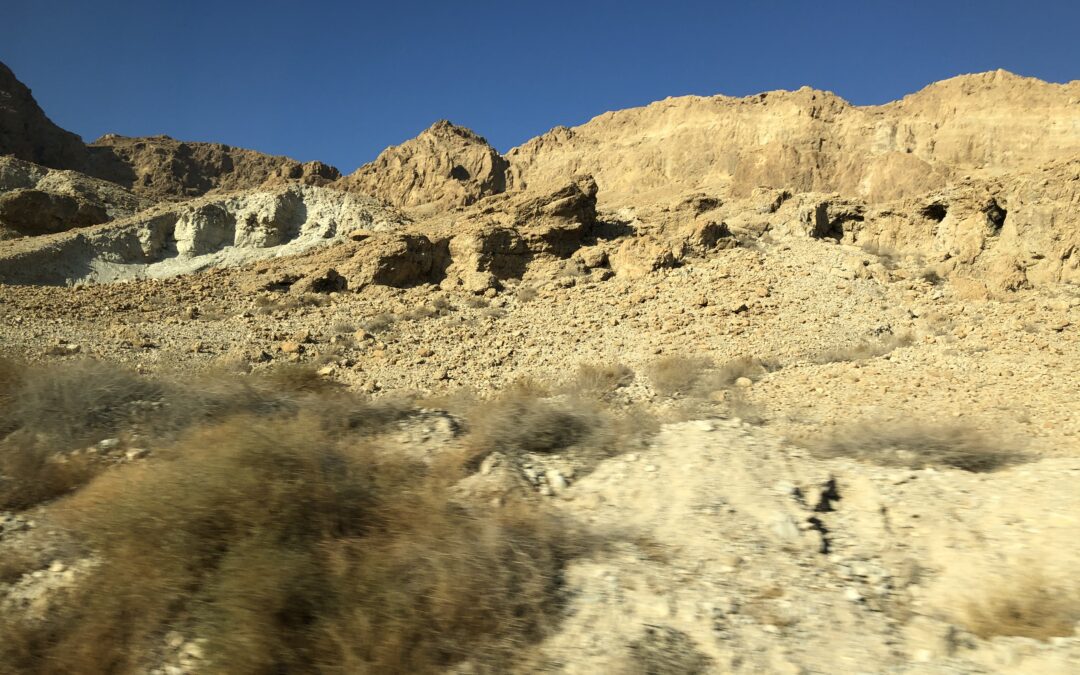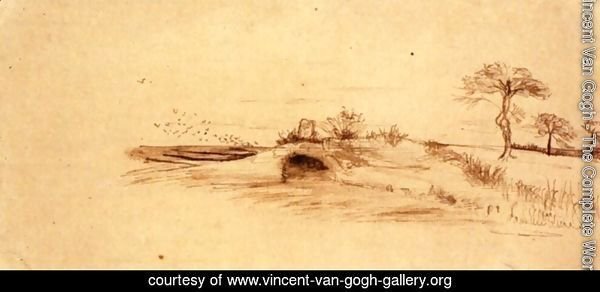In Psalm 30 King David writes, ba-arev yalin bekhi, v’laboker rina, “tears may linger for a night, but joy comes the morning.” The author also blesses the God who “changed my mourning into dancing, my sackcloth into robes of joy, that I might sing praises to you for eternity.”
It’s hard to sing praises and to feel joy when it seems as though the world is closing in on you, as happened to David more than once during his lifetime. However, our tradition teaches that one day, our collective sadness will be turned into joy–in the words of the prophet Zechariah, “The fasts of the fourth, fifth, seventh and tenth months will (be transformed into) joyful and glad occasions and happy festivals for Judah. Therefore, love truth and peace” [8:19].
Rabbi Eliezer Melamed, a rabbi in Israel, wrote in his Peninei Halakhah that Tisha Be-Av is called a mo’ed, as it says, “He has proclaimed a set time against me” (Eikha 1:15). The word “mo’ed” means “a set time” but is also used to mean “holiday.” In other words, if we are worthy, it will be a holiday; if not, it will be a set time of mourning.
Eicha-How will this happen? The 7th Century payetan (liturgical poet) Rabbi Eleazar haKalir taught that the people of Jerusalem deserved destruction, because the destruction of the Temple is attributed to sinat chinam, “senseless hatred.” However, as angry as God was as the people, the Holy One of Blessing mercifully allowed only the stones (of the Temple and city) to be destroyed, not the people.
May this be the last year we fast and mourn on Tisha B’Av, and may your fast be an easy one. Tzom kal











0 Comments